OUR TOP PRIORITIES
A DMA addresses two perspectives: it identifies how our business activities influence people and the environment (impact materiality), and how social, environmental and governmental developments affect the financial health and resilience of our company (financial materiality). Think of issues like biodiversity loss, climate change, or human rights in the supply chain.
This process has offered us valuable insights. It confirmed the areas where DO IT Organic is already actively engaged, but also highlighted blind spots – places where we need to dig deeper and involve more voices.
Several issues emerged as clearly material - both from an impact and financial point of view. These findings are both encouraging and challenging. We are now actively defining the path forward, setting targets for improvement, and identifying where we can strengthen our approach.
On this page, we share the material topics that will shape our sustainability strategy and the steps we’re taking to address them.
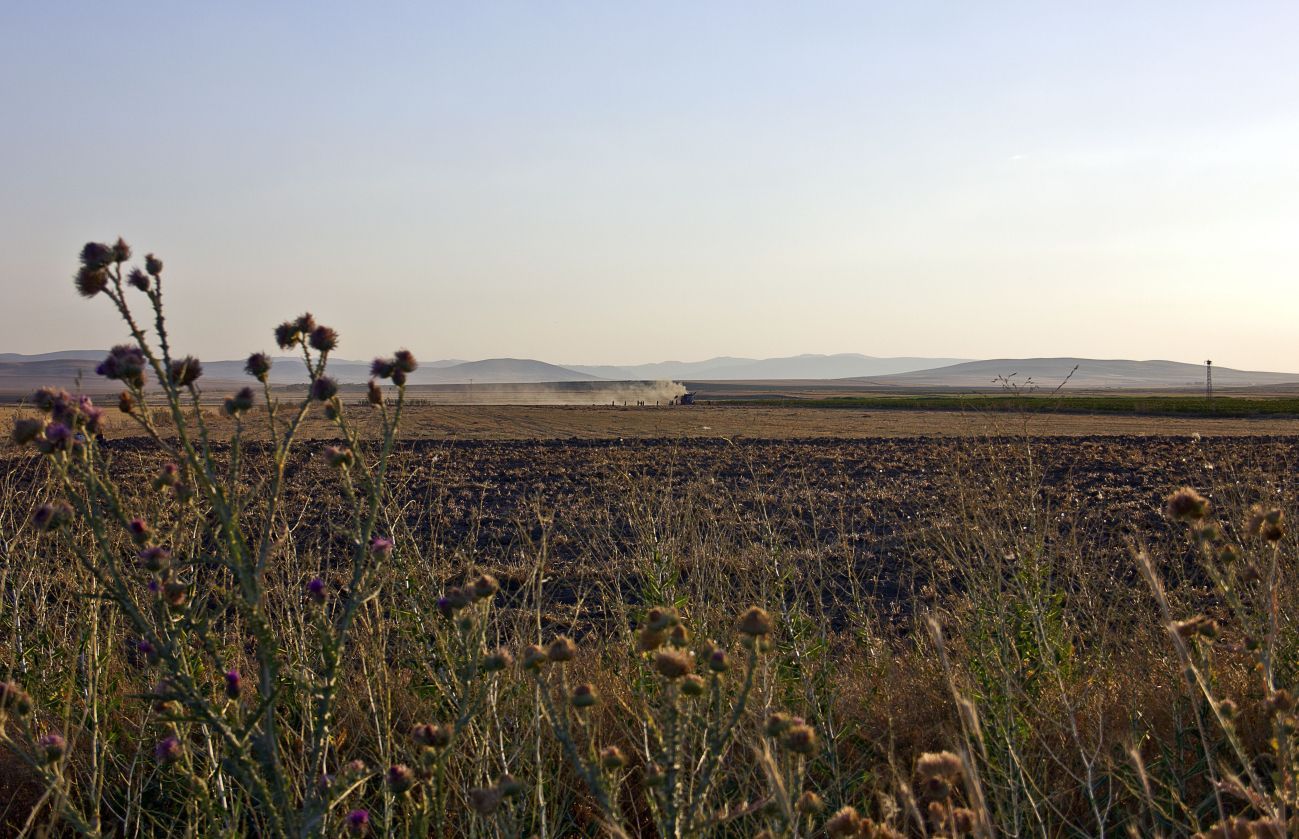
CLIMATE CHANGE
The global agricultural system is both a significant major contributor to overall emissions, and simultaneously very vulnerable to the consequences of climate change. Our focus on organic whole plant foods already leads to a lower impact, yet enough areas for improvement remain. Key areas of concern within our value chain include emissions from our operations, production processes, and transport activities.
We recognise our responsibility to better understand and reduce our climate impact. That starts with increasing transparency and building awareness throughout the chain. Taking meaningful action on climate is not a quick fix, but a continuous process that we are committed to.
BIODIVERSITY & ECOSYSTEMS
Organic agriculture is designed to support biodiversity, but it's not immune to pressure on ecosystems. Our analysis shows that factors such as land use, soil health and emissions can still pose risks to biodiversity in certain parts of our supply chain. These insights help us to identify where improvements are needed and where we can make the most impact.
We choose to work with partners who share our values and promote practices that protect biodiversity long-term. For us, organic is the starting point for safeguarding the living environment our food depends on.

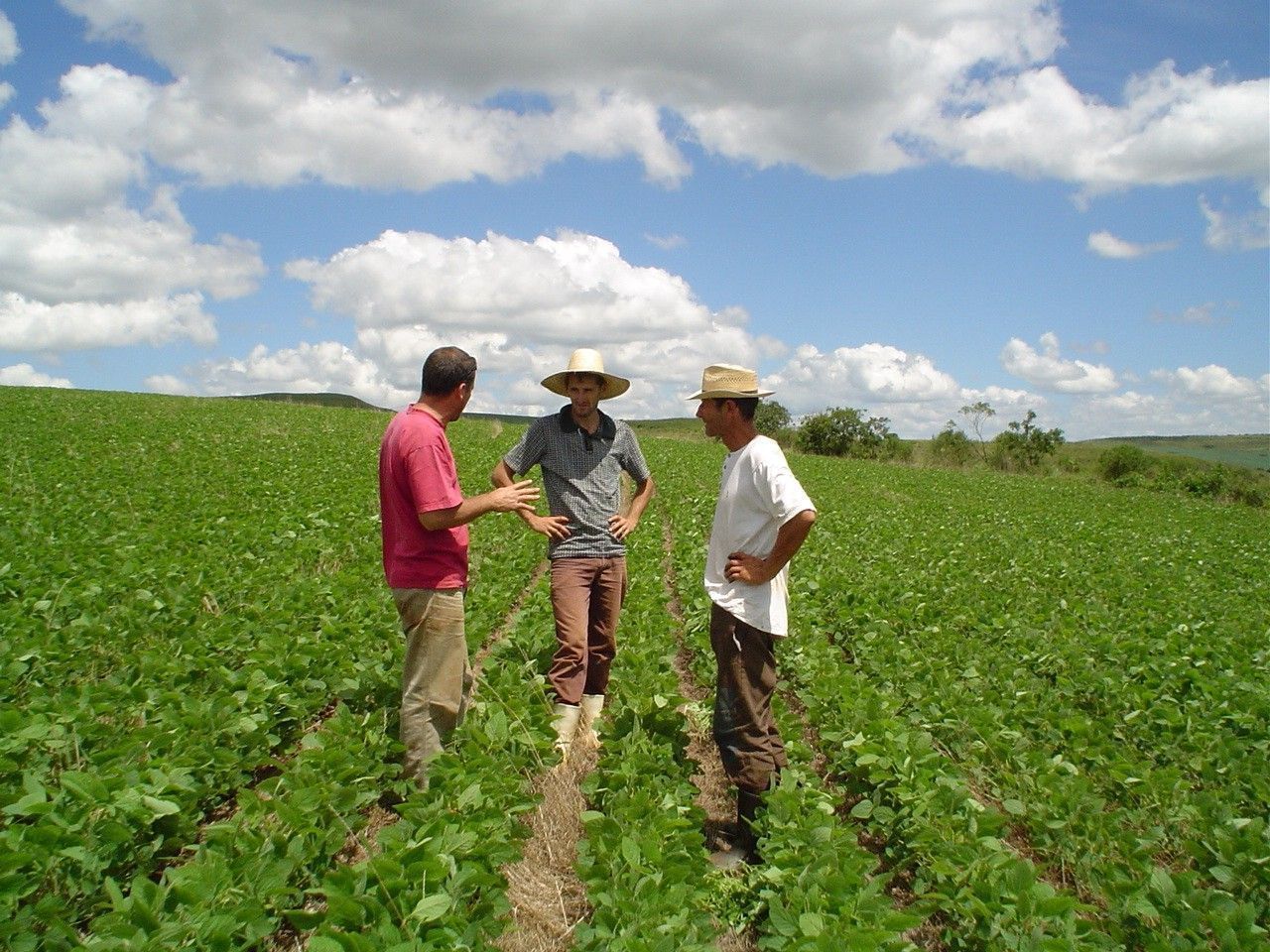
OWN WORKFORCE
A safe, respectful workplace is the foundation of everything we do. Our employees have made it clear: safety, involvement and being heard matter.
We invest in creating an environment where everyone feels protected, valued, and included, every day. Embracing diversity and promoting a culture where different perspectives are respected is central to our approach. Listening to our team and acting on their feedback remains essential to our journey as a responsible employer.
WORKERS IN THE VALUE CHAIN
Fair working conditions are a basic right - yet not always a given in complex supply chains. We are actively working to better understand the risks and realities across our sourcing regions. Through long-term relationships and ongoing dialogue, we aim to support fair labour practices and ensure dignity for everyone involved in producing our products.
Fairness does not stop at our doorstep - it extends throughout the entire chain.
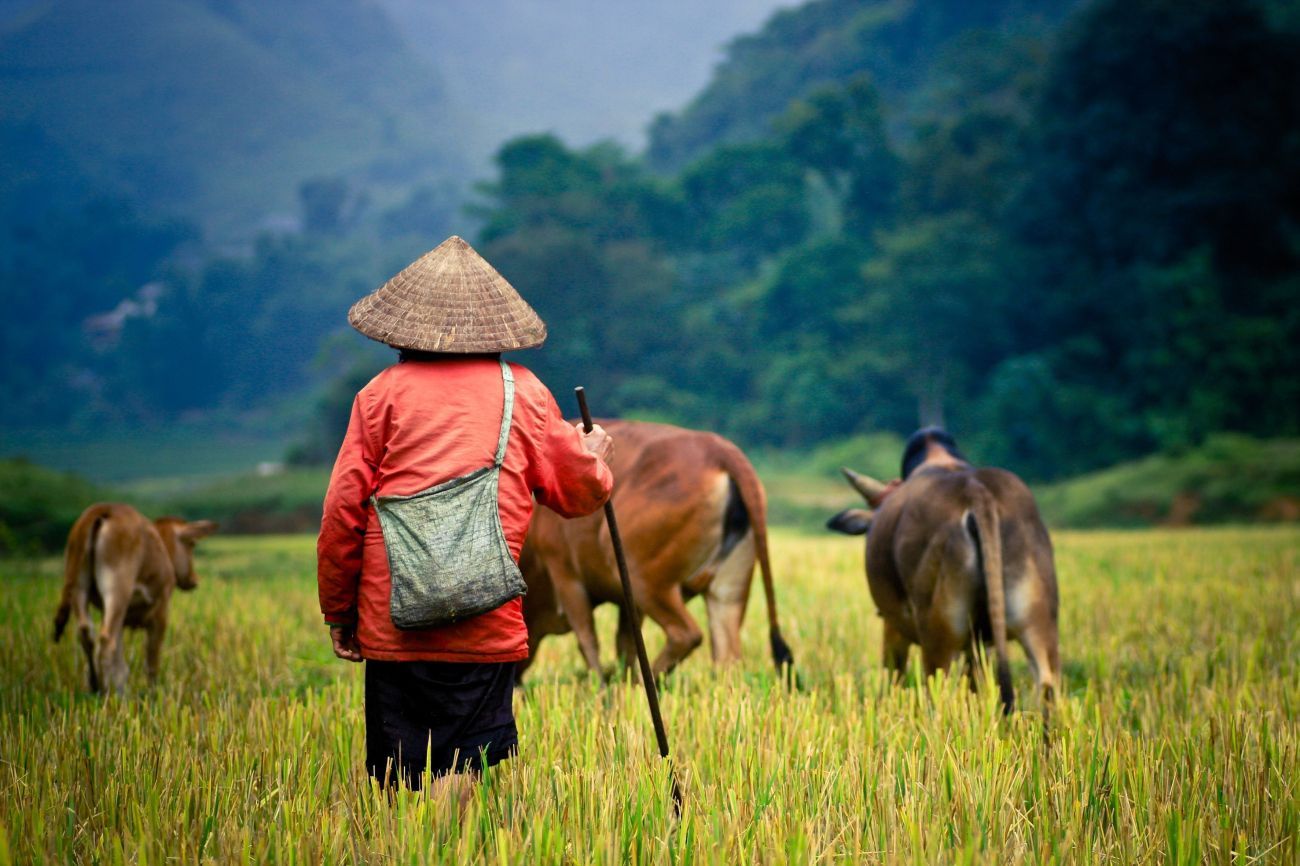
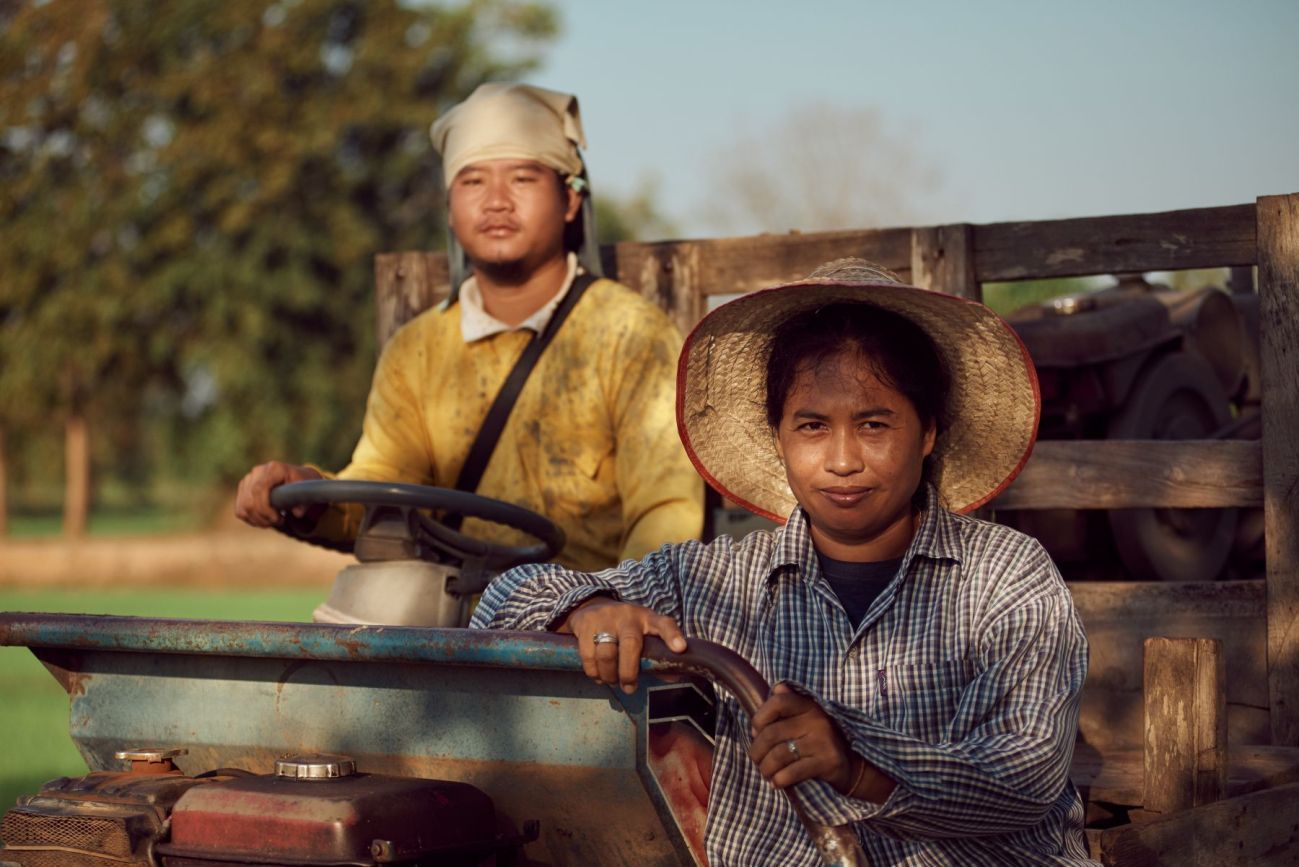
BUSINESS CONDUCT
The risk of corruption and human rights violations in high-risk sourcing regions cannot be ignored.
Our wide international network includes regions where risks around ethics, human rights or environmental laws exist. We are working to strengthen our approach to business conduct and deepen trust through transparency and long-term partnerships.
CONSUMER HEALTH & SAFETY
Consumers rely on us not only for quality, but also for safety, transparency, and nutritional value. That’s why food safety and health are among the most material topics in our business.
We meet strict requirements for hygiene, traceability, and product integrity while we continuously improve our internal processes, supply chain checks, and product innovation. All with the goal of offering safe and healthy organic food that people can rely on.

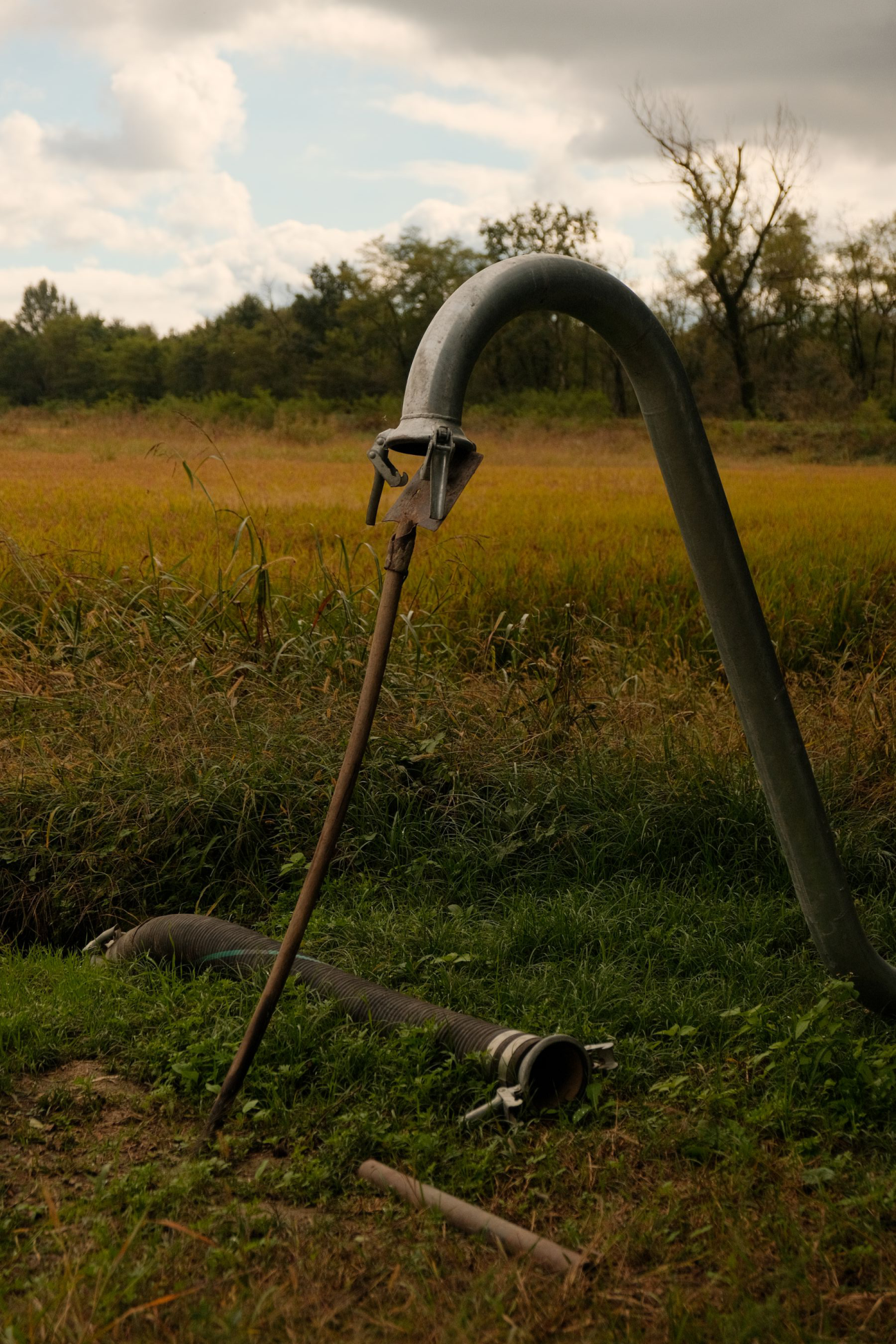
WATER USE
Water plays a vital role in growing the food we source, especially in areas where it is becoming increasingly scarce. Our impact on water is often hidden, but still very real.
We want to better understand where water risks occur in our supply chain and support responsible use where it matters most. Water stewardship is an essential part of building a more resilient and fair food system, now and in the future.
A WORK IN PROGRESS
Our Double Materiality Analysis helped us reflect on what matters to our company, to our partners, and to the world around us. It confirmed where we are on the right track, and revealed where we need to go further. We believe that transparency, curiosity and a willingness to grow are more powerful than perfection. That’s why we choose to share these findings openly - not as a report to file away, but as a compass for future action.
This is just one step in our ongoing journey. With the help of our employees, partners and customers, we keep listening, learning, and moving forward, together.
Want to know more about how we conducted our Double Materiality Assessment?
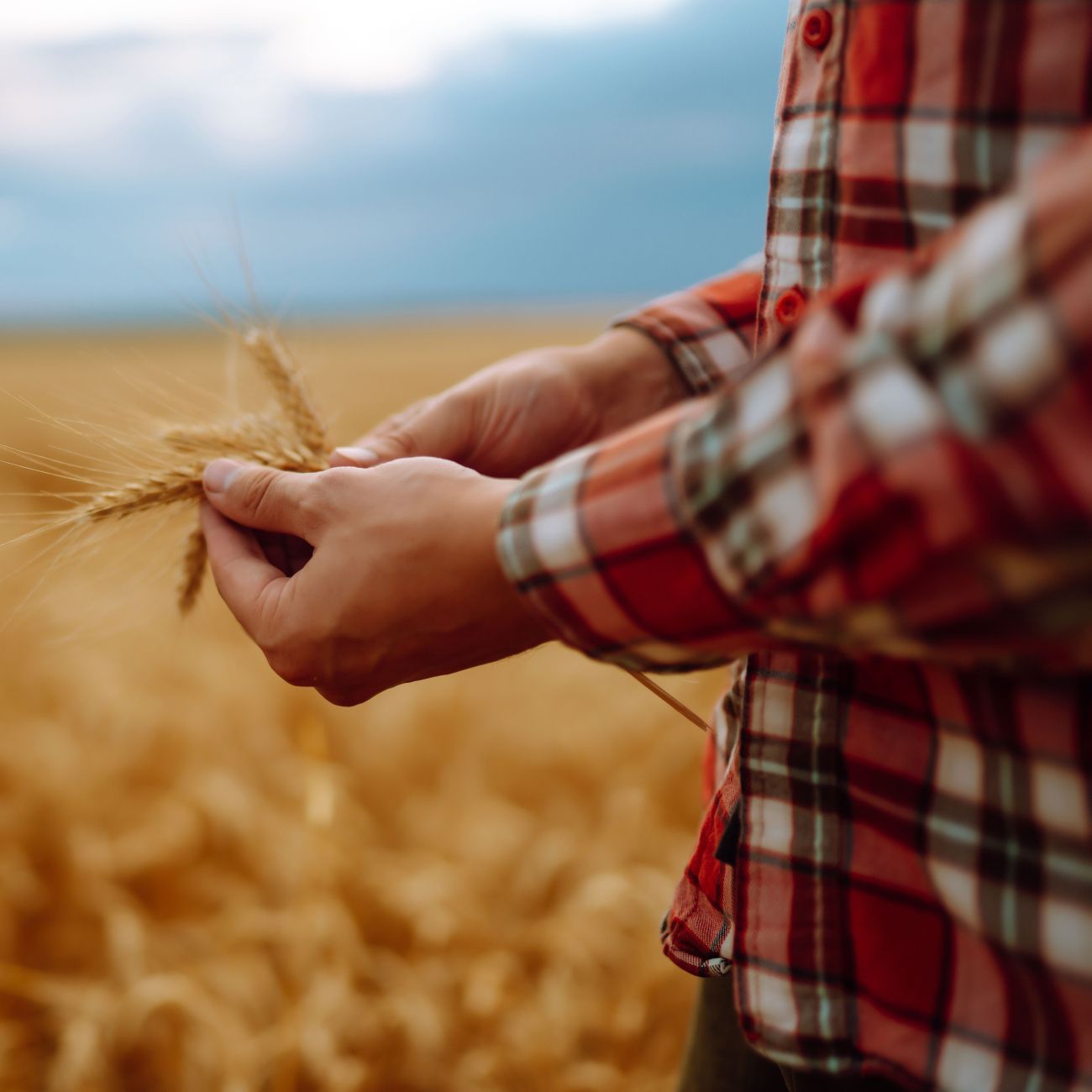
Share page